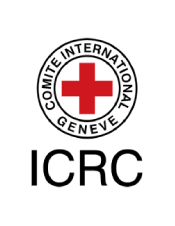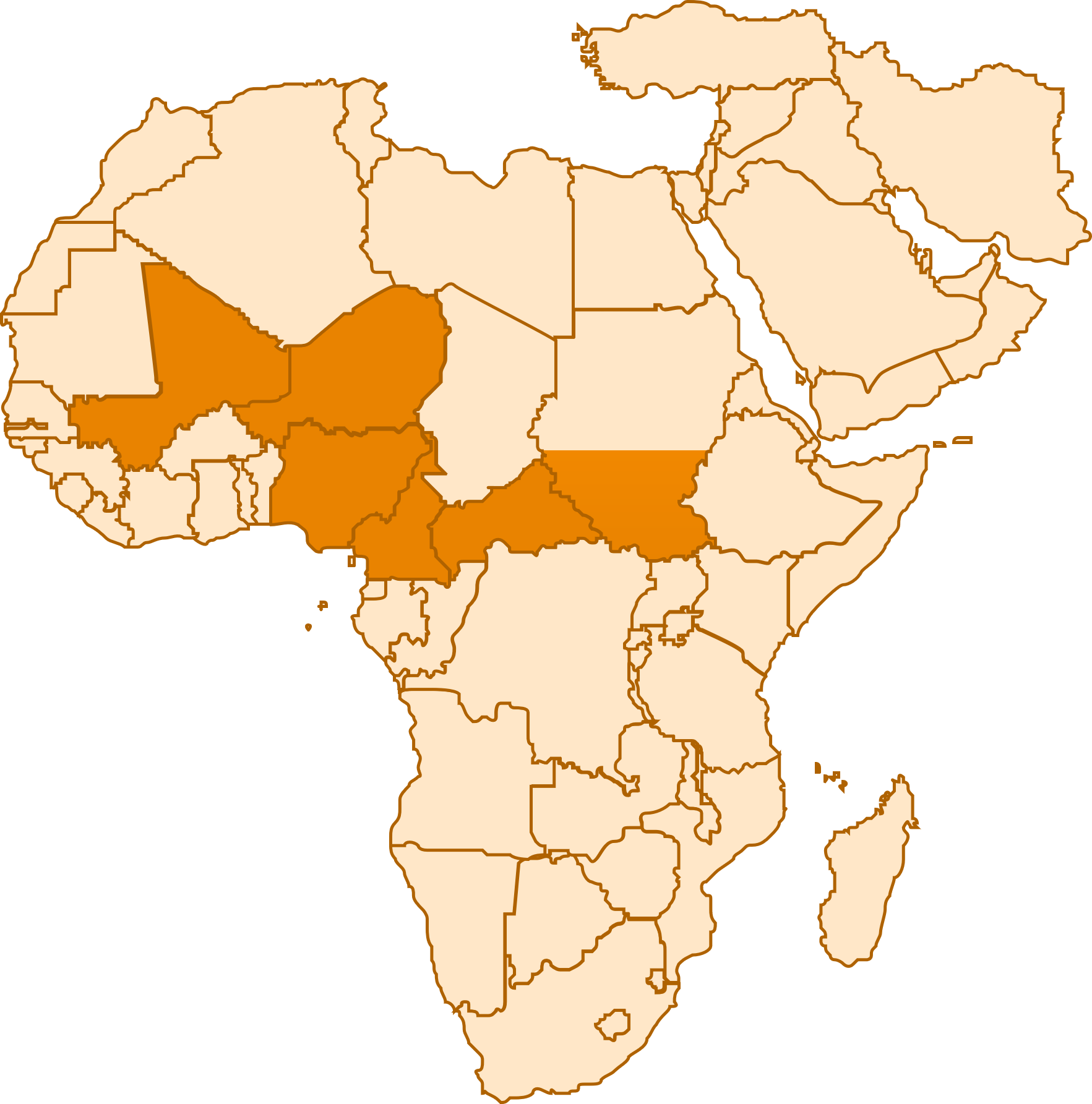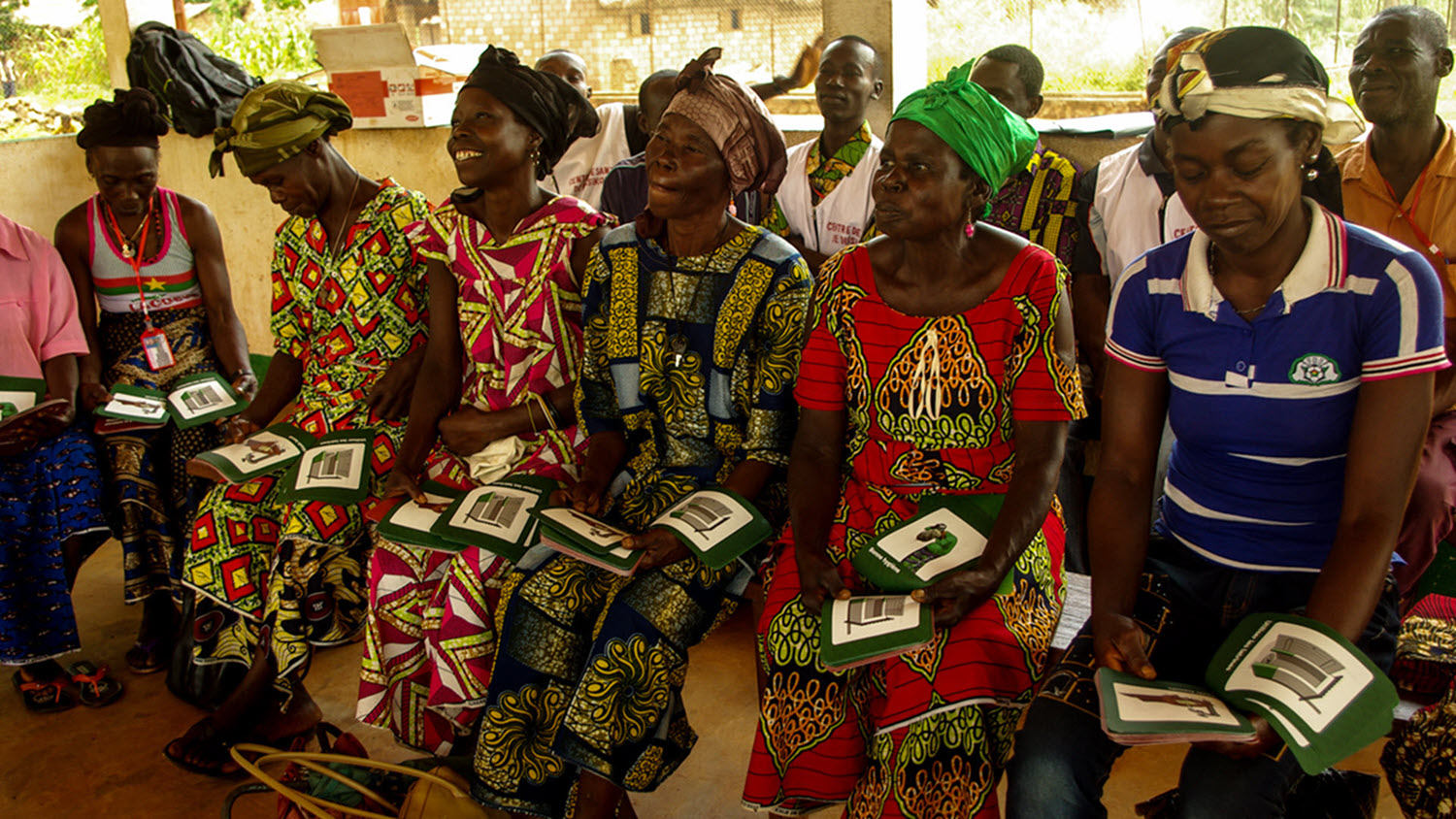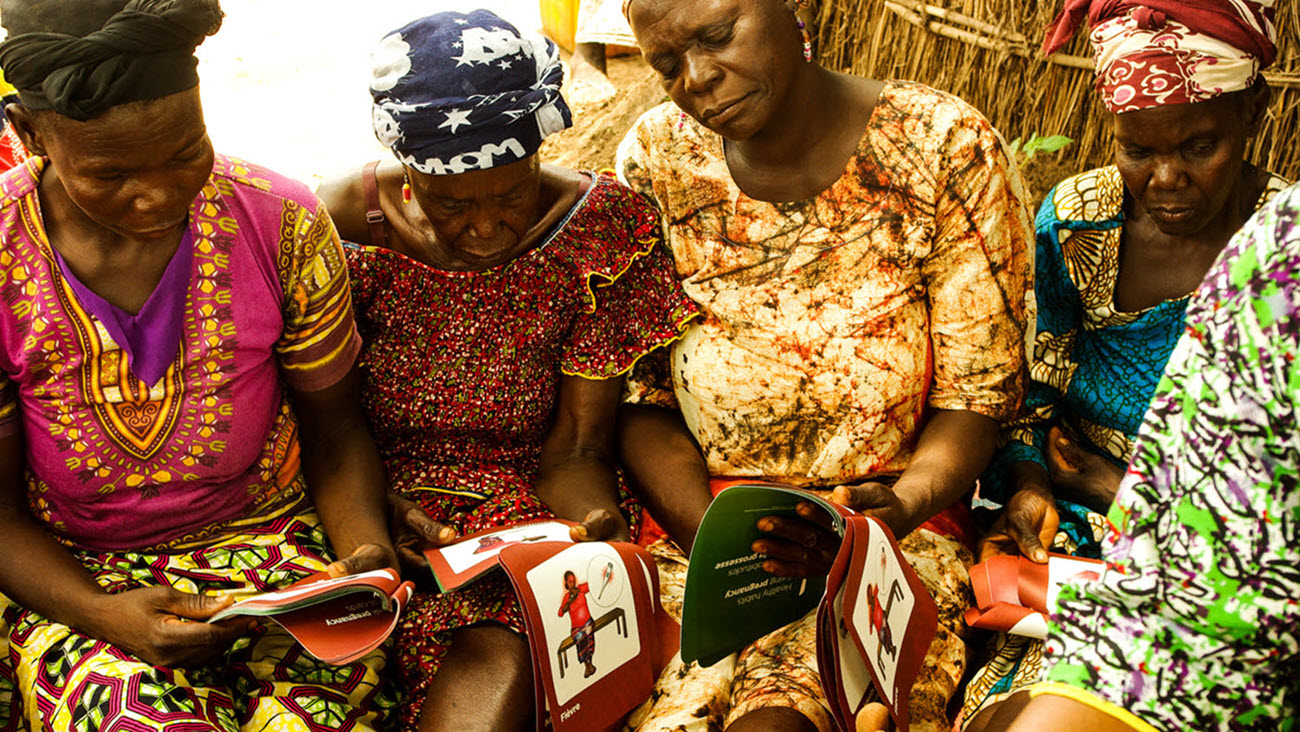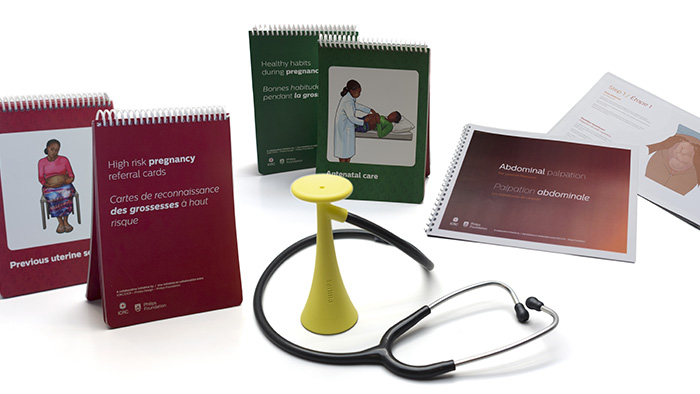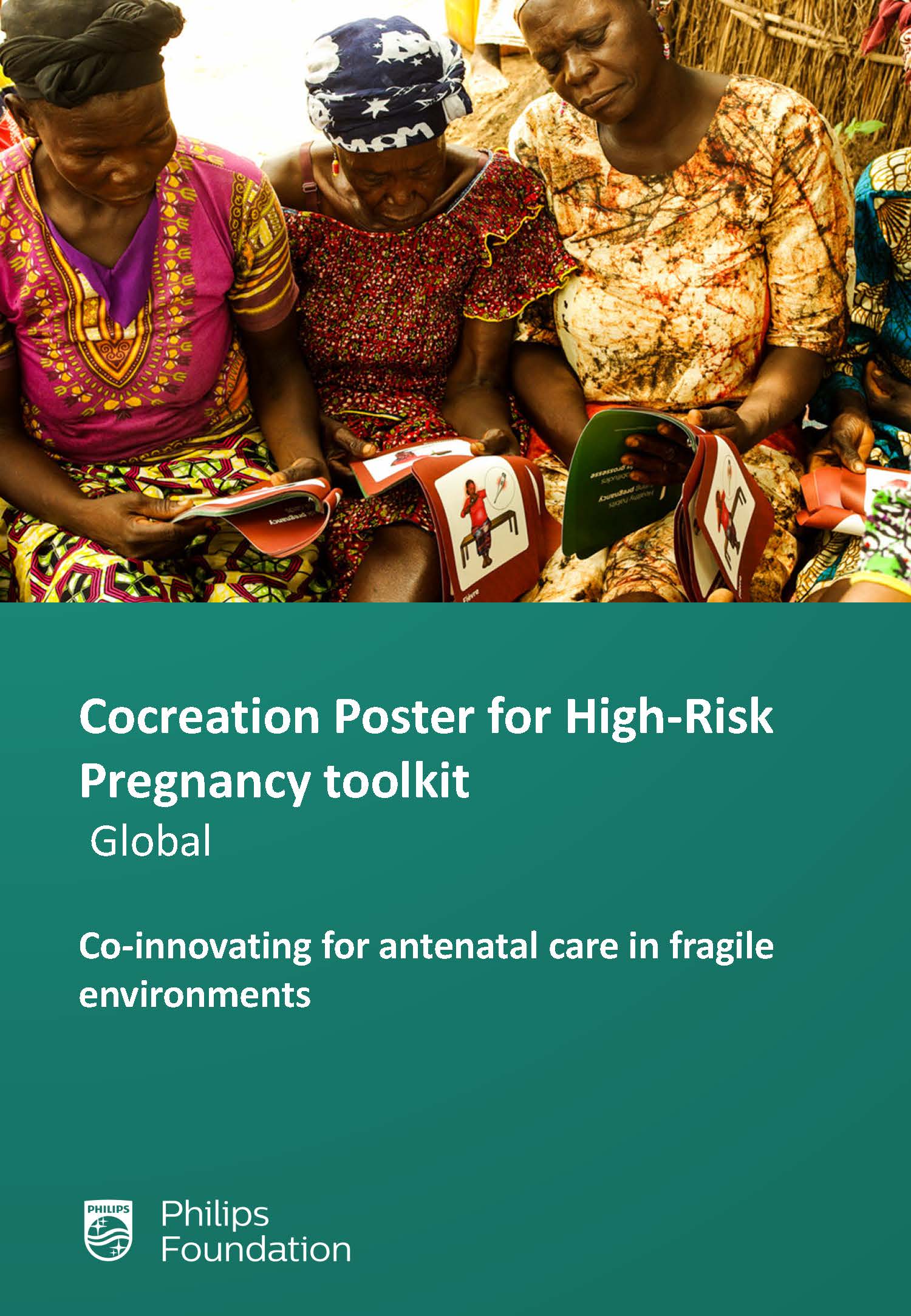Learnings and next steps
Quotes with feedback and observations reported from ICRC health field officers (HFOs) and traditional birth attendants (TBAs):
ICRC Health Delegate in Nigeria: “The cards are very useful for the TBAs, as we can see from the data they are able to identify the various risks demonstrated in the cards and offer timely referrals. In fact, some of the TBAs come with their cards with the mother they have identified to have a certain condition”
TBAs in Central African Republic (CAR): “With the HRP cards it is easier for me to convince the mother and the family about the importance of being referred to a health facility. I can show them the pictures and because it has the logo of the ICRC, the community has more trust.”
ICRC Health Delegate in South Sudan: “It is much easier to train the TBAs with HRP cards because the pictures are very well done and adapted to South Sudan. They can bring this tool back home and discuss with the women showing them the cards.”
Quotes from stakeholders involved in the co-creation process and validation of the tools in the field:
Ms. Sigrid Kopp – Former Supra Regional Midwife, International Committee of the Red Cross: “Earlier risk detection in pregnancy will lead to earlier referrals from the community to first level of care, and from primary healthcare to hospitals. This time factor plays a crucial role when working on the high number of maternal morbidity and mortality in areas where the access to quality healthcare is hampered due to low coverage of healthcare services, war, displacement, insecurity, lack of infrastructure, lack of skilled healthcare providers and lack of awareness and knowledge.
Esperanza Martines, Head of Health, ICRC: “The HRP cards are the result of a simple, yet meaningful, co-creation process. Following feedback from both staff and communities, the cards have been updated and now can be seamlessly integrated into ICRC’s primary health care resource center and be made available to all health delegates to leverage in operations.”
The HRP toolkit has been awarded 8 prestigious design awards.


